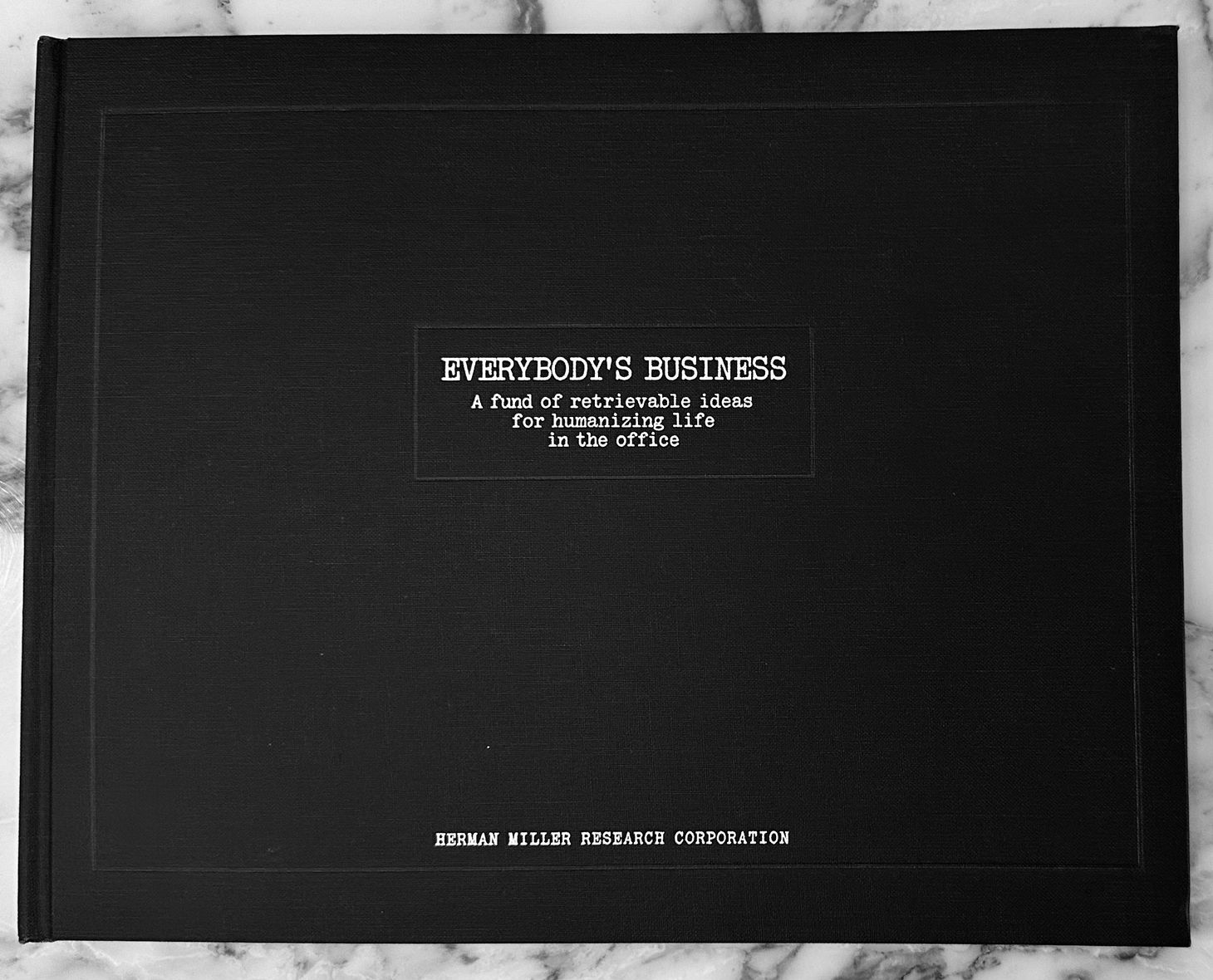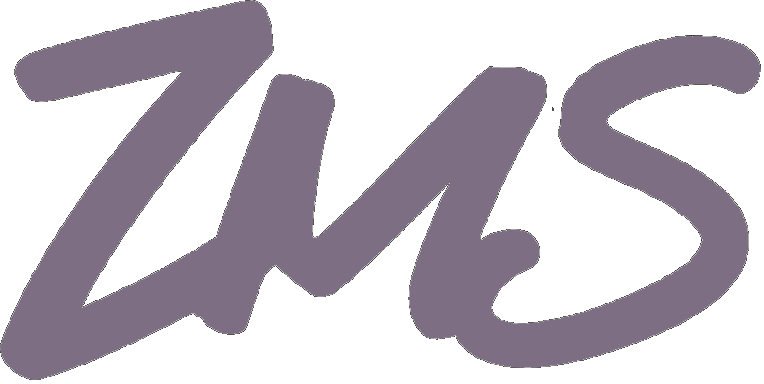Thank you, Quartz
I'm stepping down from Quartz after more than 11 years as co-founder, reporter, editor, chief product officer, CEO, owner, and editor-in-chief.

I'm stepping down from Quartz after more than 11 years as, variously, co-founder, reporter, editor, chief product officer, CEO, owner, and editor-in-chief. Here's the memo I wrote to staff.
Hi, everyone,
I’ve decided it’s my time to move on from Quartz. My last day will be June 9, coinciding with the end of my parental leave. I’ll attend the editorial meeting tomorrow to say hello, goodbye, and take questions.
Most importantly, as a formal search for our next editor-in-chief gets underway, Heather Landy will continue leading the newsroom, as she did from 2014 to 2016 and again for most of this year. You are working under one of the best leaders and mentors in business journalism, so enjoy it! I will miss having direct access to Heather’s spot-on advice, sharp edits, and unwavering ability to see the humanity in work.
My own plans are uncertain. I’d like to use the next few months for a mix of personal and professional projects, while figuring out what’s next. I think that will be easier with some distance from the enterprise I’ve been working on since 2012, when I was 26 and still had pretty much everything to learn about digital media, building a company, and being a colleague.
Last week I took a walk around Manhattan to visit the four neighborhoods where Quartz has made its headquarters, and indulge in some nostalgia before today’s announcement. I went backwards, starting in Midtown. Just north of our second office, in Gramercy, I came across the New York flagship of Herman Miller, a company I’ve revered since reading so much about its design innovations and management philosophy in Quartz. I knew the shop was holding a sale of items from the Herman Miller corporate archive, thanks to a tip in a former Quartz editor’s newsletter, and as the anecdote approached peak Quartziness, I stepped inside.

Among the shelves was a book the company had published for its employees in 1985 titled, Everybody’s Business: A fund of retrievable ideas for humanizing the office. I sat down in an Aeron chair and started reading, imagining for a moment I was back in the Quartz library in Flatiron, pulling down a tome left by some alum with notes for a story that never got written. The foreward, “Why should the president have to write the foreward?” by Herman Miller’s then-president, Max De Pree, sets the tone of the book. De Pree was ahead of his time in promoting flat organizations with strongly defined cultures designed to get out of people’s way and lift up the best ideas. He coined “inclusive capitalism.” Put him on the Quartz 100 if we ever do it.
Toward the back of the book, there’s an essay by Art Fry, an inventor of the Post-It Note, which was then just five years old but already lighting up offices in neon yellow. Fry attempts to explain the culture at 3M that allowed a batch of flimsy adhesive to flourish into one of the company’s most successful products. There are some formal structures for new product development, of course, but mostly he talks about the importance of autonomy, space to experiment, and permission to fail. He credits coffee breaks and staff clubs as important conduits of information flow. And he describes a culture where the enthusiasm and dedication of a small group of employees, at any level of the company, could carry a promising new idea pretty far.
We’ve never made anything as world-changing as the Post-It, but Quartz has had and still has a few innovations of our own, from fresh angles on business reporting to new formats for journalism and advertising. Others can assess the long-term impact on Quartz and the rest of our industry, but I just wanted to share the secret of how these innovations came about.
Fry's account of 3M's culture resonated strongly as I read it the other day because it contained many of the values instilled at Quartz from day one. The credit for that belongs to everyone who’s ever worked here and especially to Kevin Delaney, our founder, whose form of servant leadership created the conditions for innovation at Quartz and attracted likeminded people to the cause. I’ve had the pleasure of seeing about three generations of Quartz staff cycle through, and can report you all share the same spirit, even while lots of specifics have changed.
What I’ve learned is that people are not either “creative” or “not creative,” like it’s some kind of genetic trait or professional degree. Anyone can have a good idea. What leads to genuine innovation is the environment surrounding an idea. Creativity requires permission and trust. Permission is explicit (”Always take the bold and creative path,” Kevin would say), while trust is felt (most clearly in the company value, ”spirit of generosity”). Written out, it feels a bit cringe, but you all know these values are real at Quartz when the conditions are right.
Every big hit that has emerged from our newsroom was the result of someone questioning prior assumptions, pushing back (usually against their boss), and challenging us to do something better. As the boss in many of those cases, it could be very annoying! But my original ideas for the Obsession email and the chat app were shit, actually, and it required trust for others to tell me. And then it took permission for them to go off and return with something much better.
All companies, and maybe especially media companies, are defined by their people. They set the tone, spirit, and context. Quite obviously, they do the work. Colleagues support each other, or they don’t, and that’s pretty much the whole thing. It took me a dozen years to learn that.
I am so grateful to have worked with hundreds of Quartzians, present and past, who did support each other and created the environment in which so much great journalism has been produced. Leading Quartz was the privilege of my life, and I felt your support each step of the way.
With gratitude,
Zach
Read more from Zach
Sign up to receive occasional emails with new posts.

